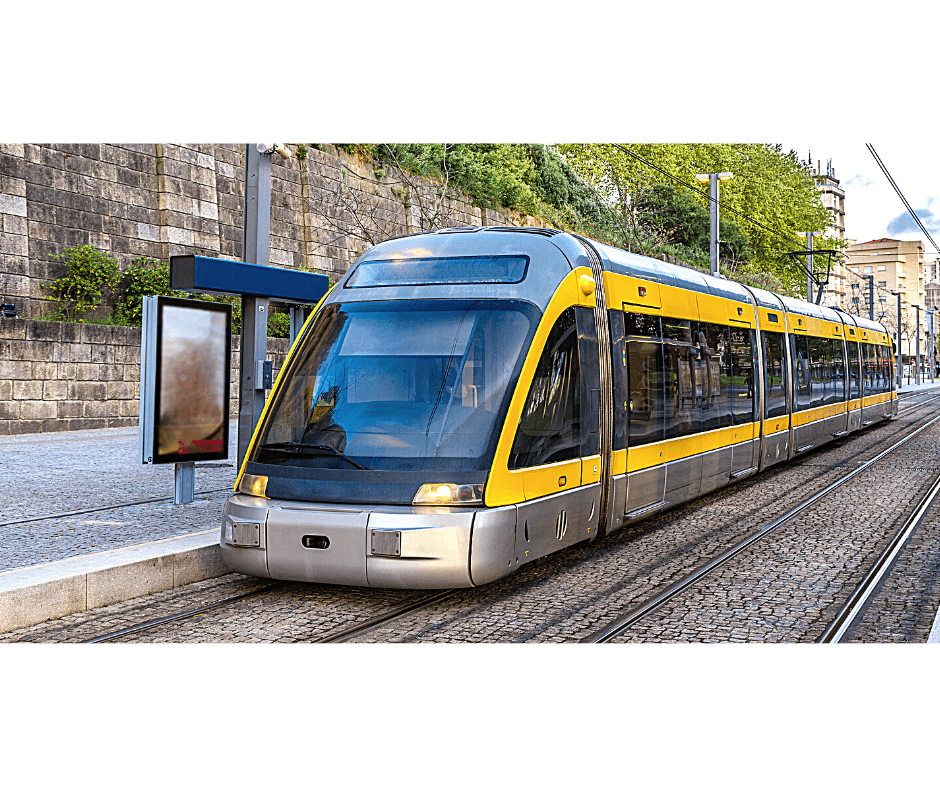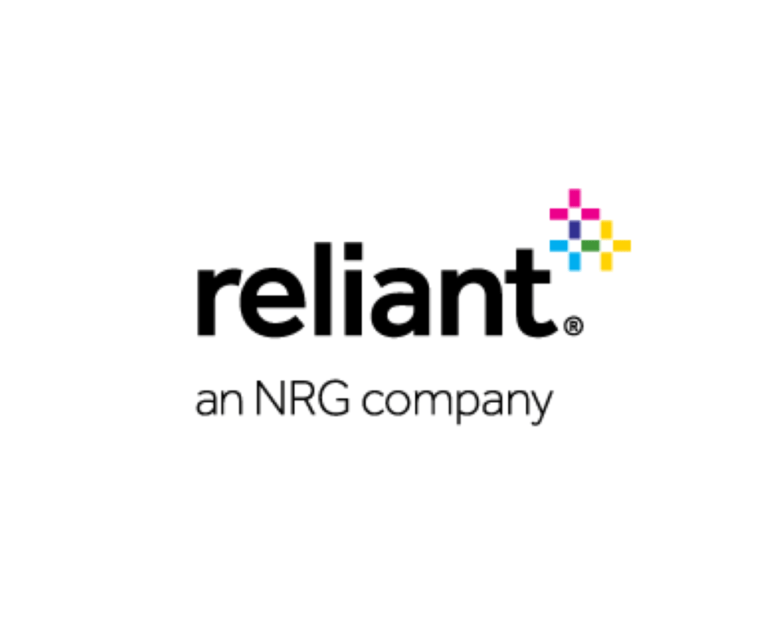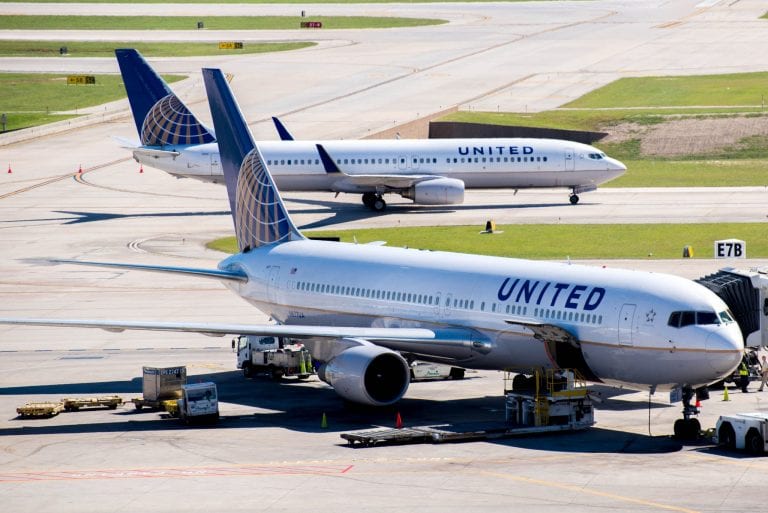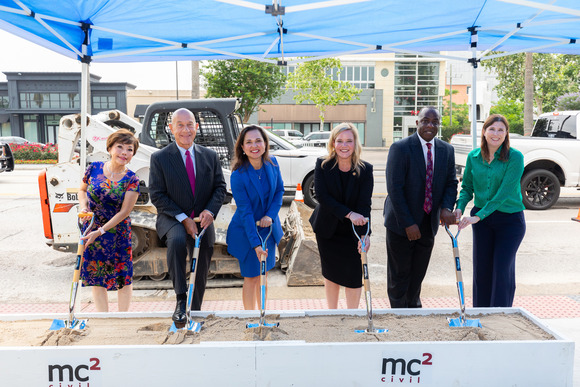
To create new opportunities for those experiencing poverty, the U.S. Department of Transportation’s Federal Transit Administration (FTA) today announced a new Notice of Funding Opportunity (NOFO) to help improve transit in areas experiencing long-term economic distress. The $20 million in competitive grant funding through FTA’s Areas of Persistent Poverty (AoPP) Program provides more resources to underserved and disadvantaged communities seeking to expand or improve transit systems.
“At a time when transportation is the second-largest household expense for most American families, it is more important than ever to ensure that everyone has access to affordable public transit,” said U.S. Transportation Secretary Pete Buttigieg. “The new resources we are announcing today will make it easier for people in our most underserved communities to access jobs, school, healthcare, and other vital services.”
The AoPP program supports planning and technical studies to improve public transportation in areas experiencing long-term economic hardship — in rural and urban communities alike. The AoPP program also funds planning for transit agencies to transition to low- and no-emission vehicles and associated charging equipment.
Projects will be selected based on the evaluation criteria in the NOFO, including President Biden’s Executive Order on Advancing Equity Through the Federal Government. As part of its effort to streamline processes for those seeking federal funding, FTA has simplified the application process.
“Transit is the great equalizer – particularly in rural areas, where having access to an affordable, reliable bus ride means people can get to their destinations, in a timely manner,” said FTA Administrator Nuria Fernandez. “FTA’s Areas of Persistent Poverty Program ends isolation and opens doors to opportunity for those who do not have a car or cannot drive.”
Given that many economically distressed communities also face environmental challenges, special consideration will be given to projects that mitigate air, water, and ground pollution.
The AoPP Program supports projects in large and small urban areas as well as in rural and tribal areas, although eligible projects must be located in an Area of Persistent Poverty or Historically Disadvantaged Community. Since 2020, FTA has awarded 70 projects through the program, totaling more than $24.6 million, including:
- In Alabama, the Regional Planning Commission of Greater Birmingham received $495,000 to help connect people living in areas of persistent poverty to the city’s bus rapid transit system.
- The Delaware Transit Corporation received $630,000 to improve transportation for low-income areas in the Route 9 Corridor by enhancing bus service, microtransit and pedestrian access to jobs, schools, healthcare, and other services.
- In Pennsylvania, the Port Authority of Allegheny County received $594,000 for comprehensive planning for a corridor project that will focus on the East/Central Pittsburgh Connection. The project will link several communities to overcome geographic barriers and increase transit efficiency between the city’s southern and eastern neighborhoods.
Learn more about previously selected projects.
Applicants may use FTA’s mapping tool to determine if a proposed project is in an Area of Persistent Poverty or a Historically Disadvantaged Community. These areas are defined differently from previous years, creating consistency in definitions across the U.S. Department of Transportation, including in the RAISE Grant program.
Projects will be evaluated by criteria outlined in the NOFO. This NOFO will utilize Fiscal Year 2021 and 2022 funding. Apply by 11:59 p.m., Eastern Time on March 10, 2023.
For more information, please visit transit.dot.gov.
Source: Federal Transit Administration







